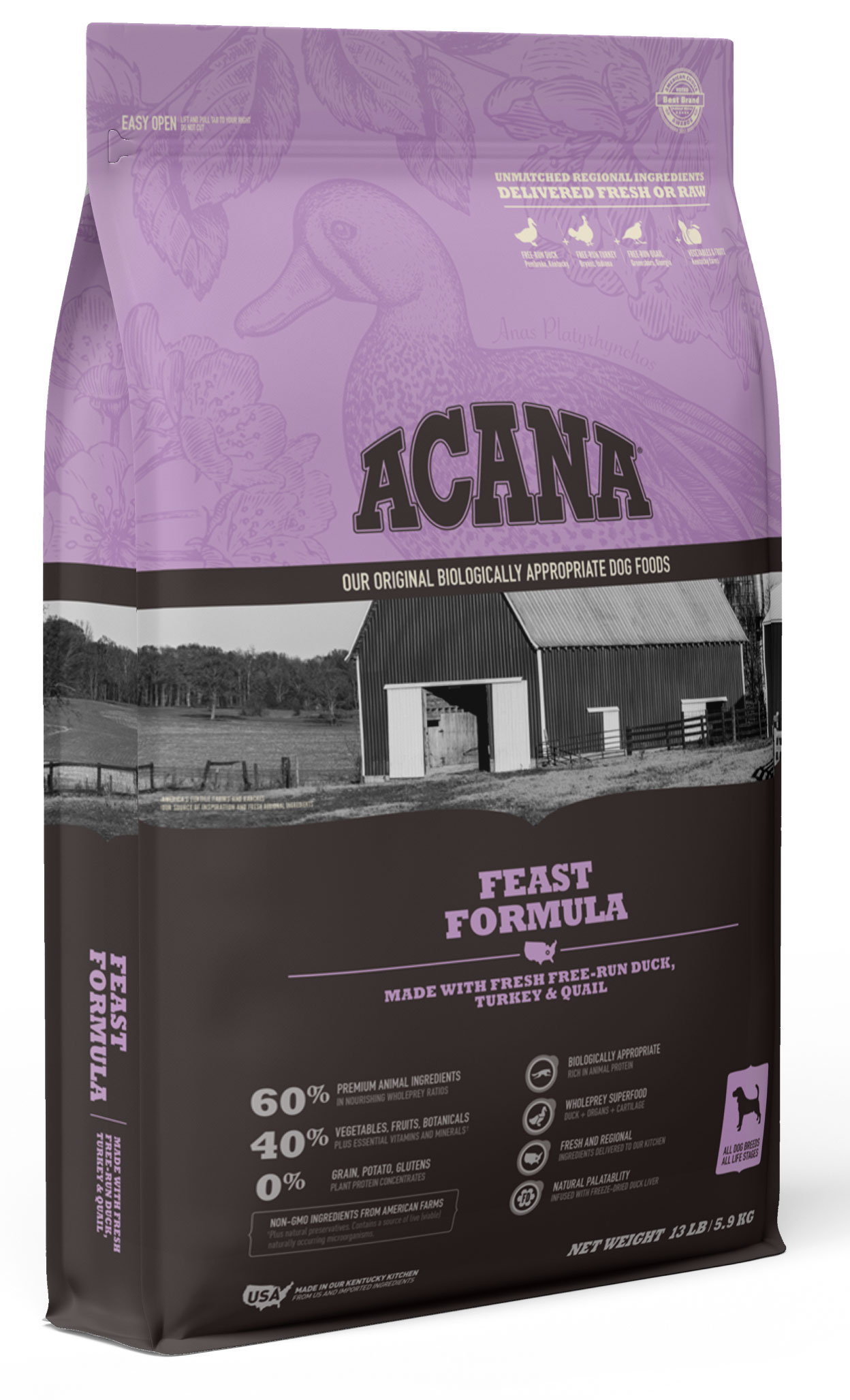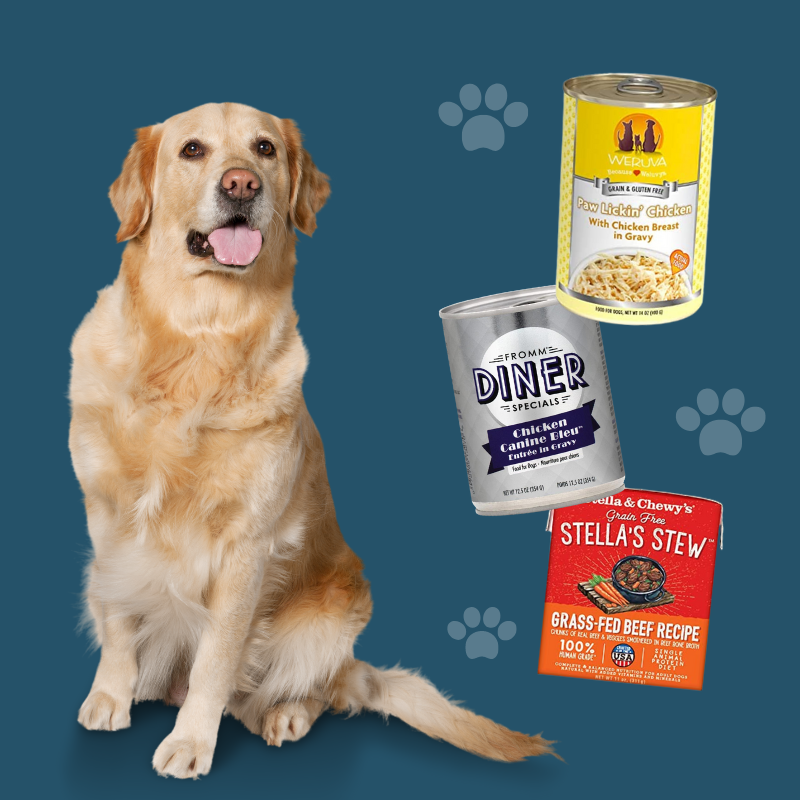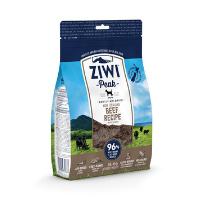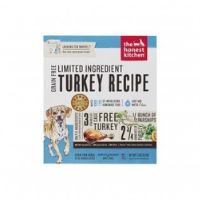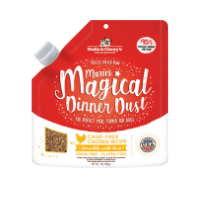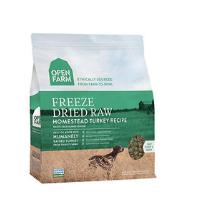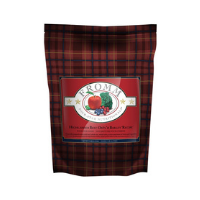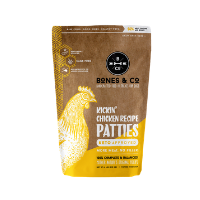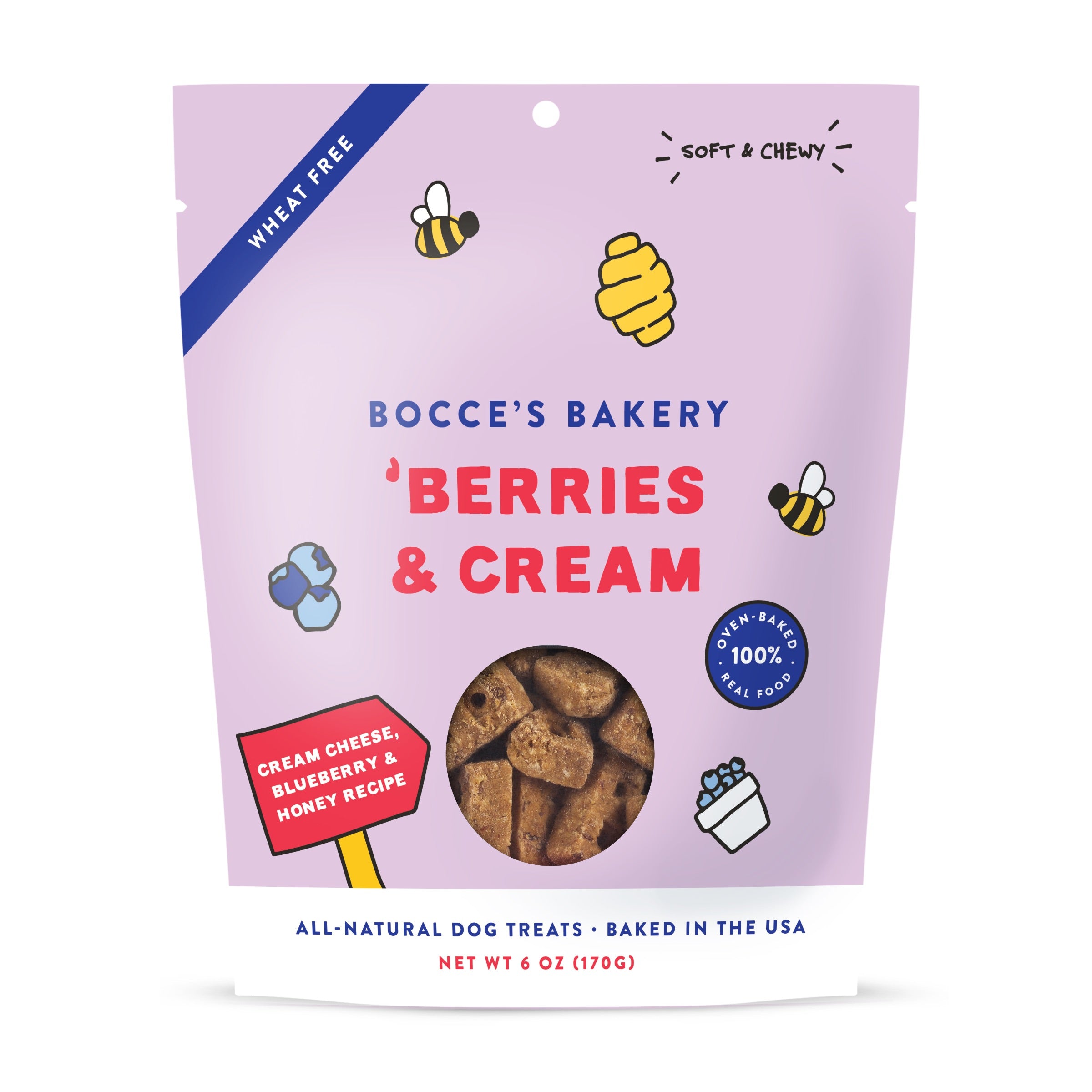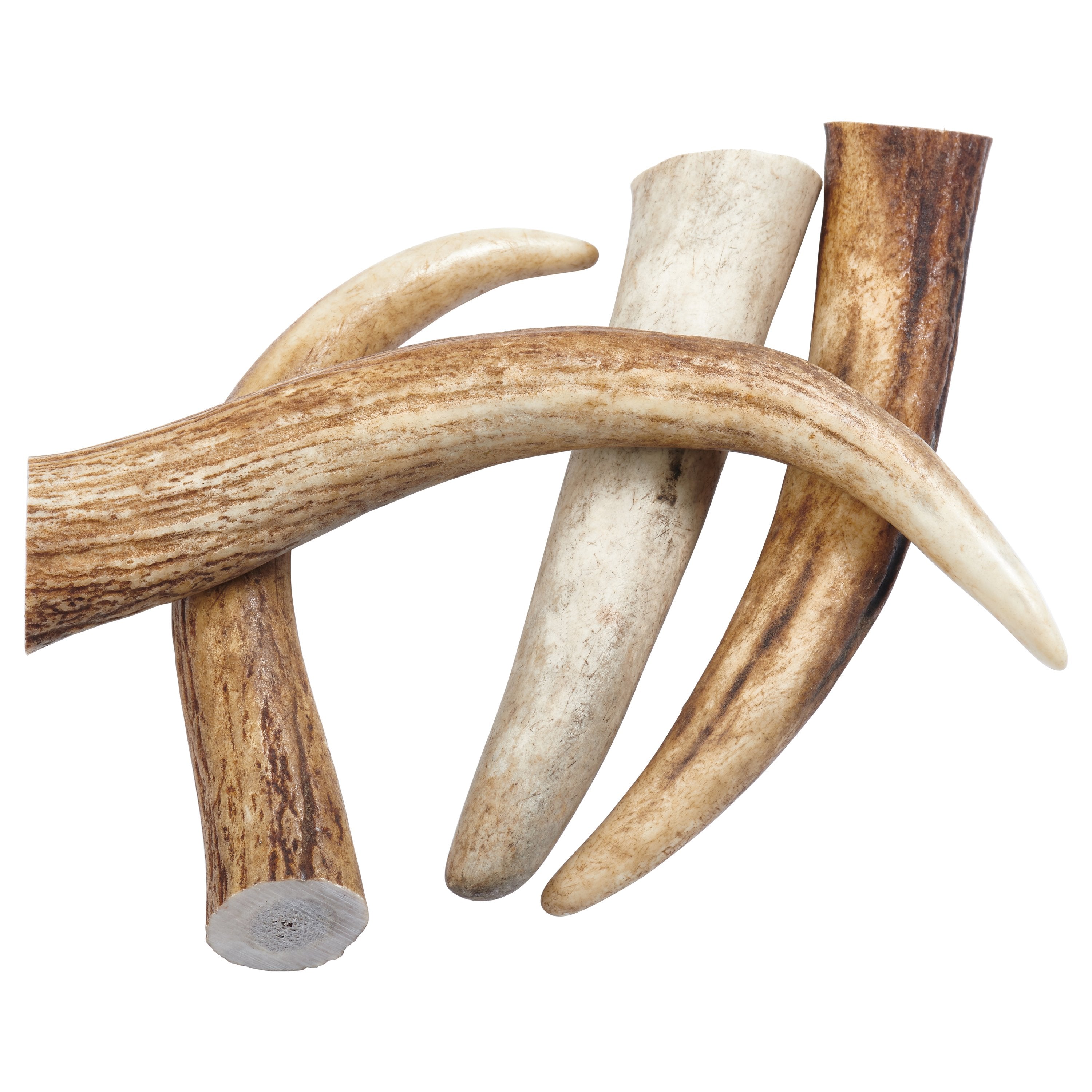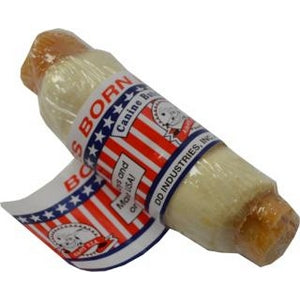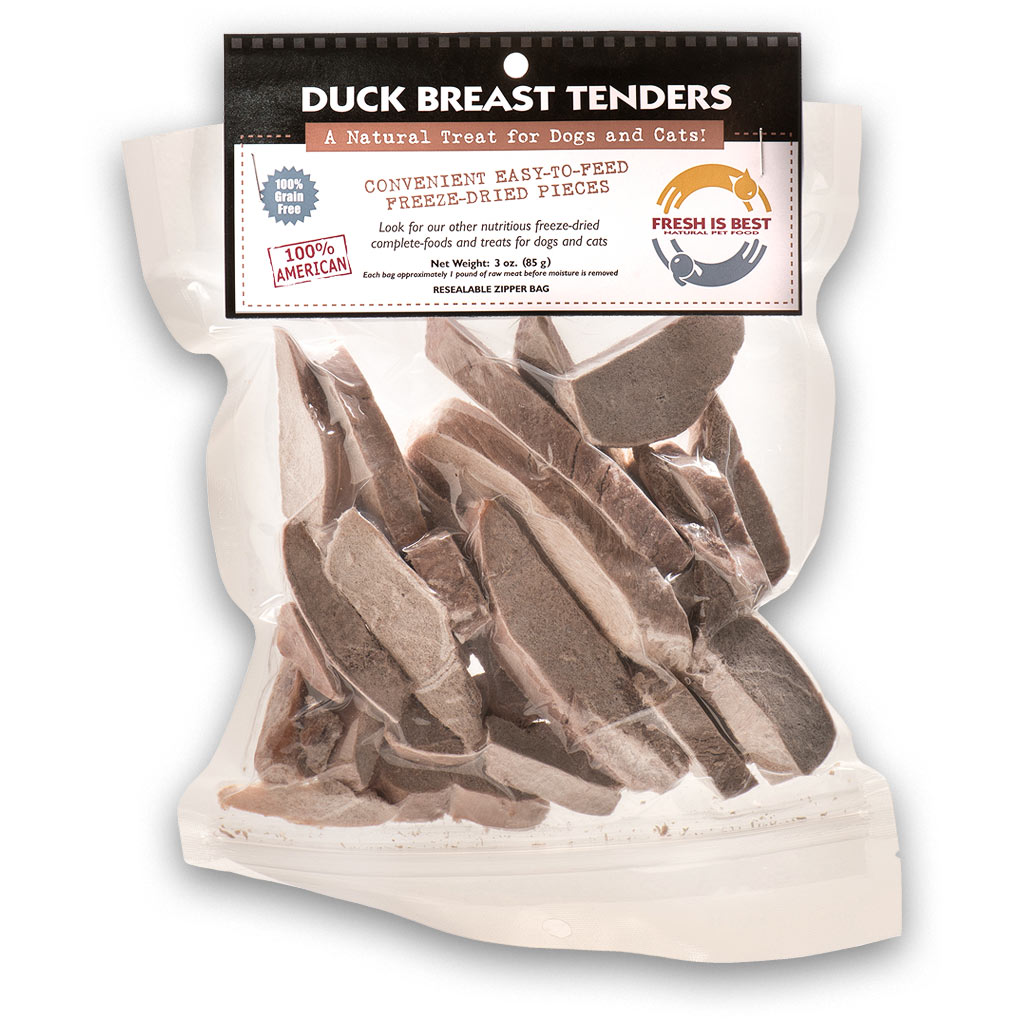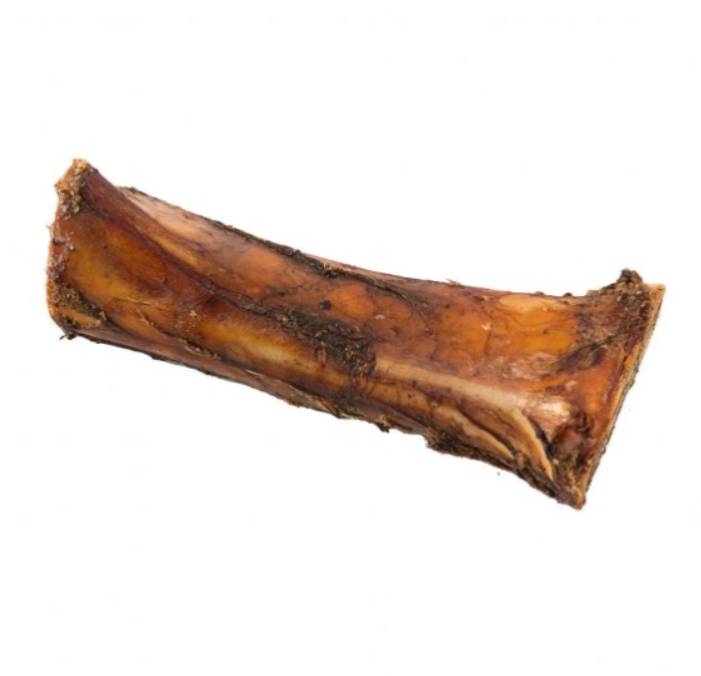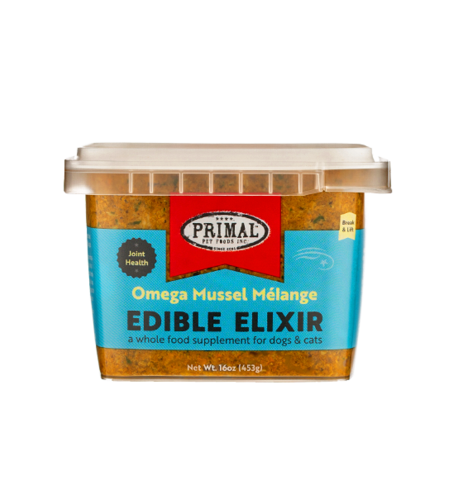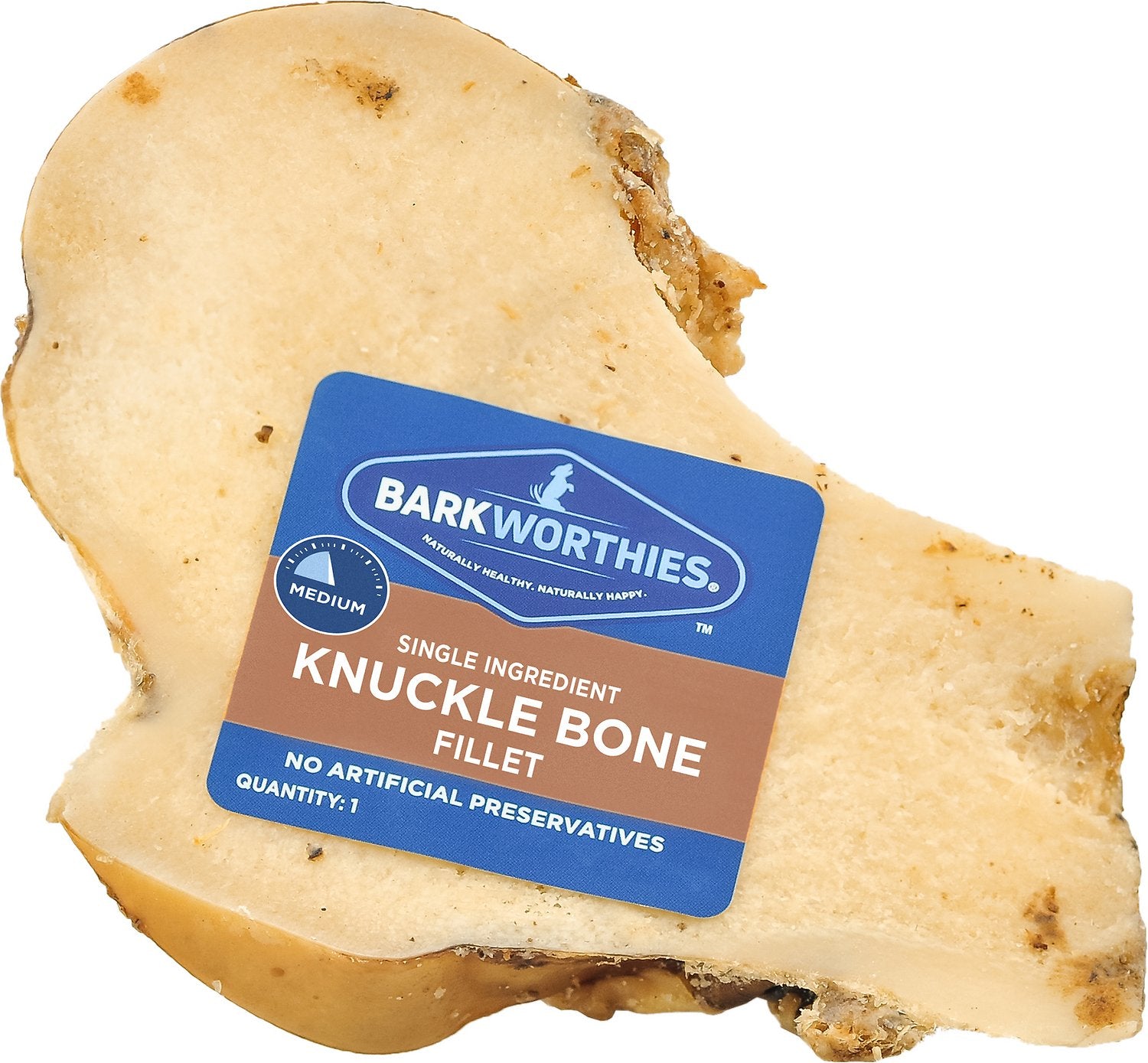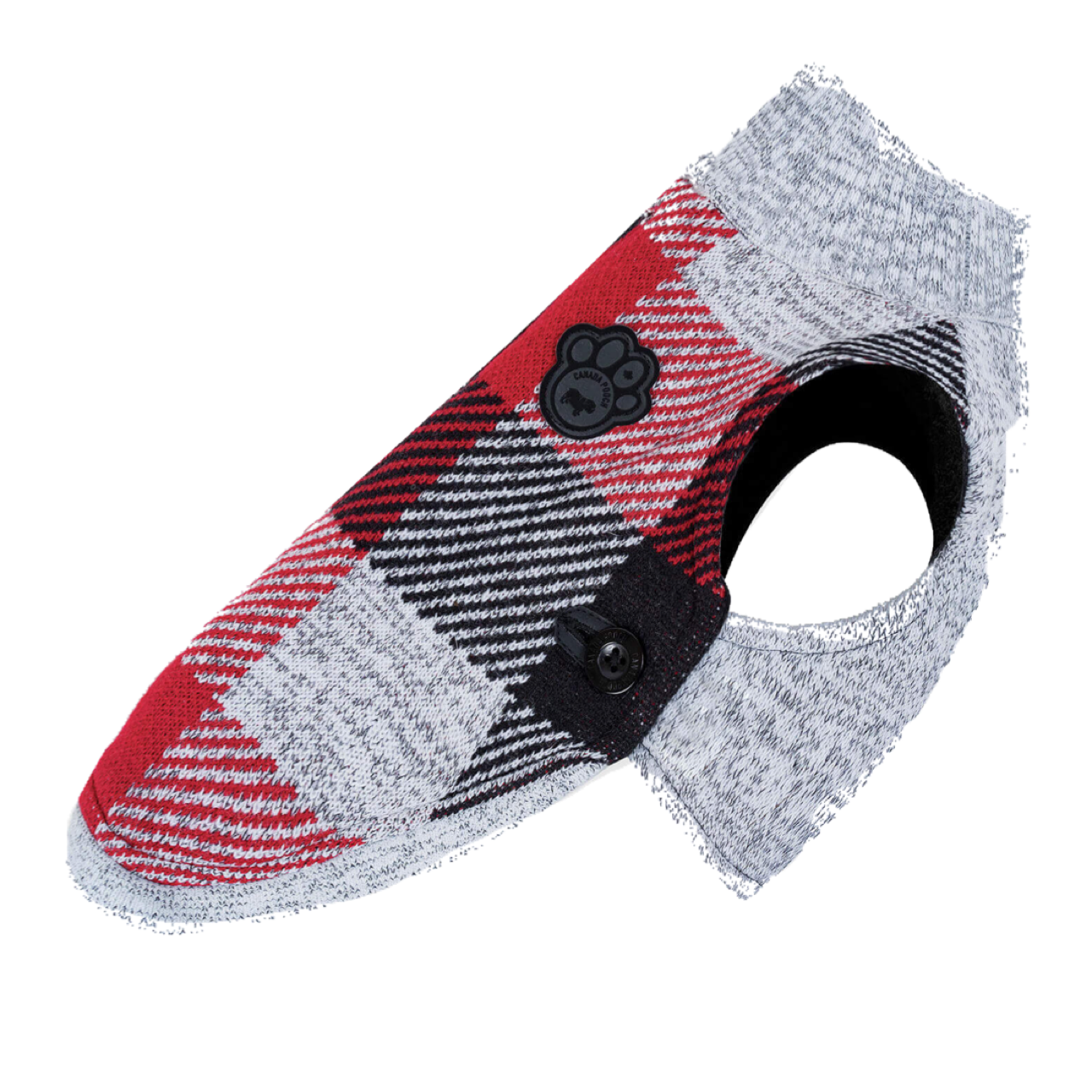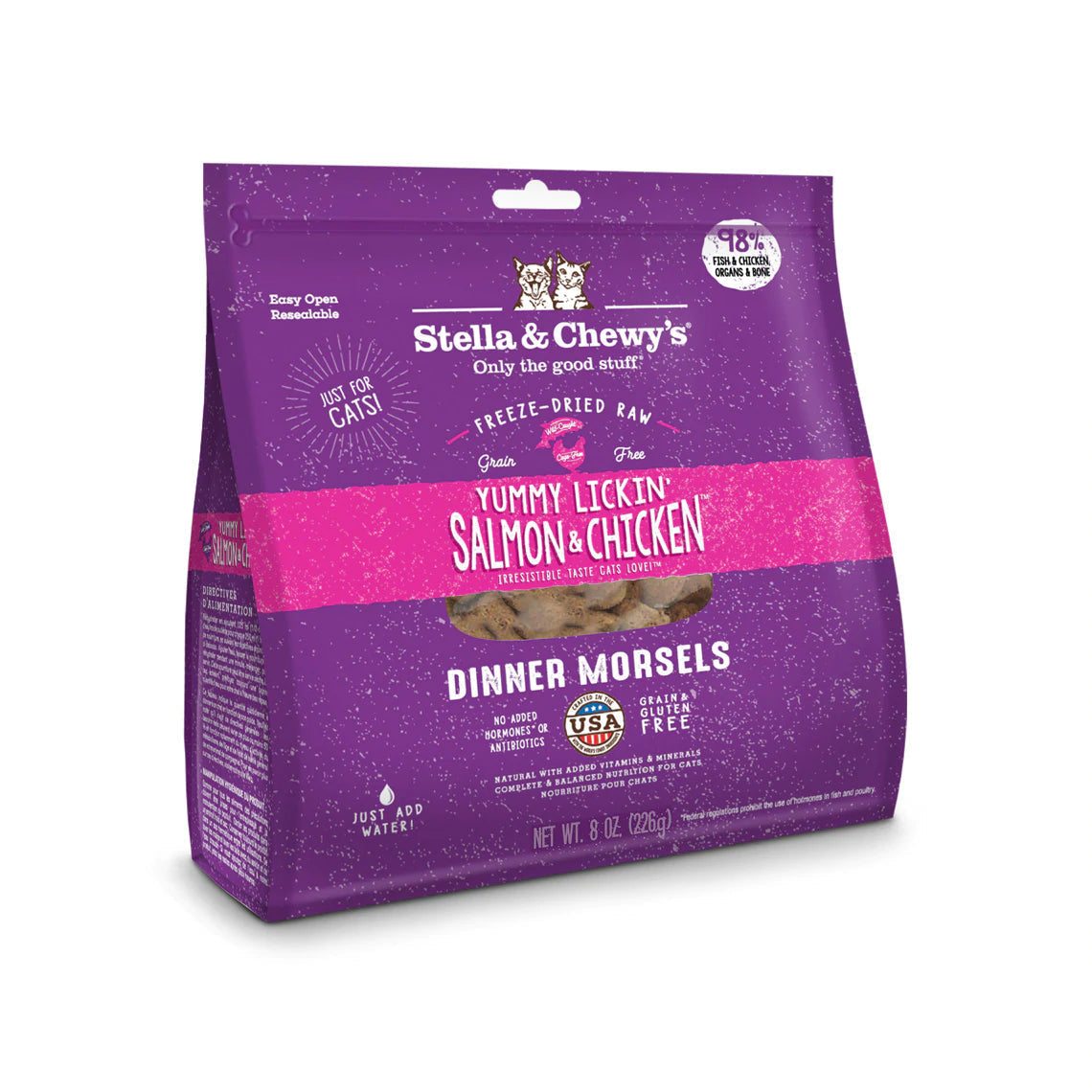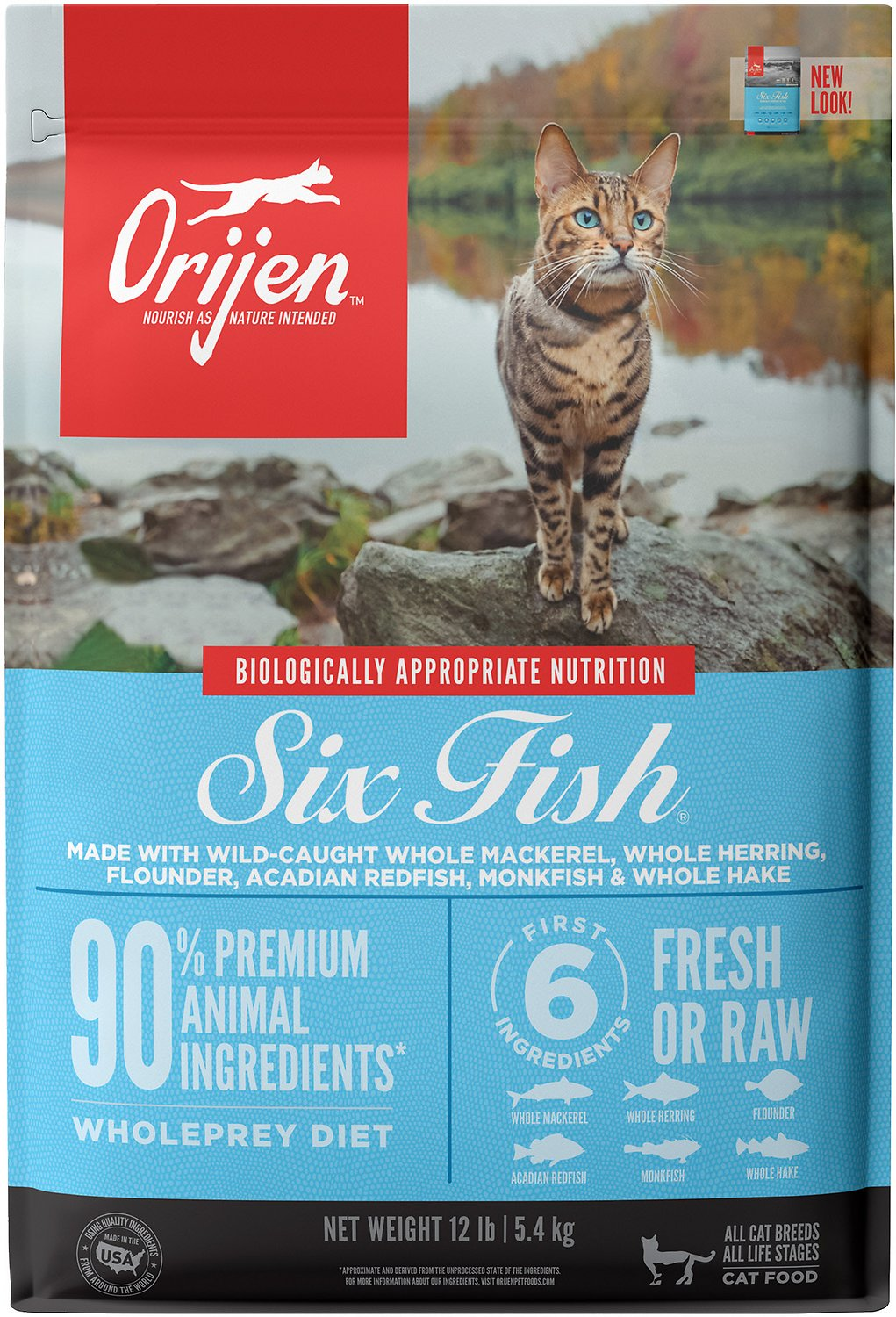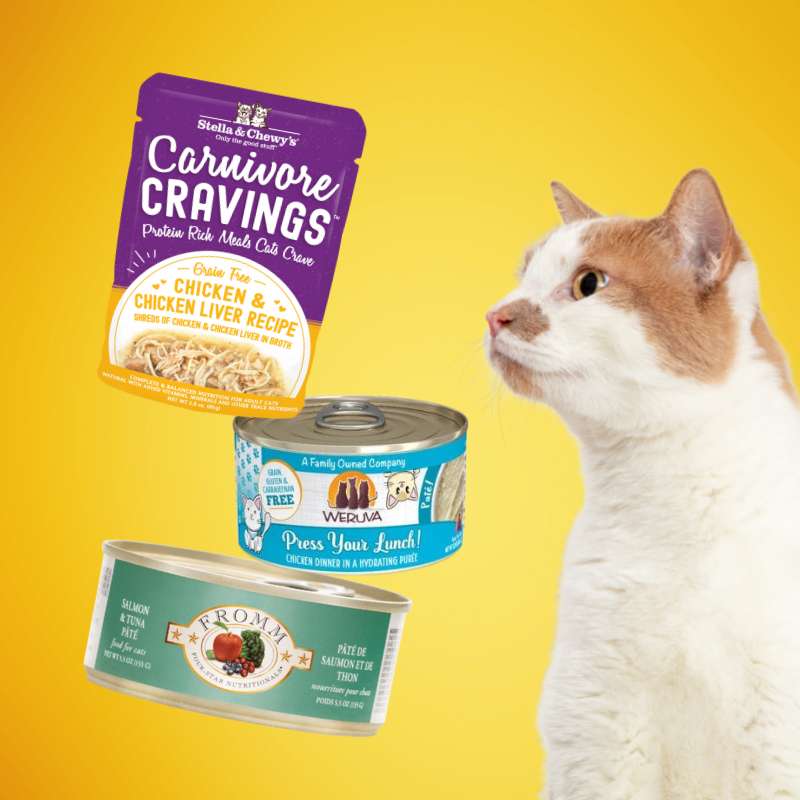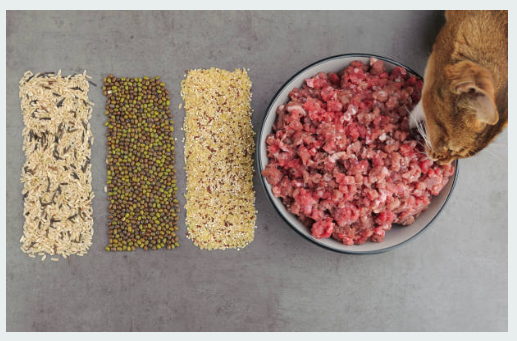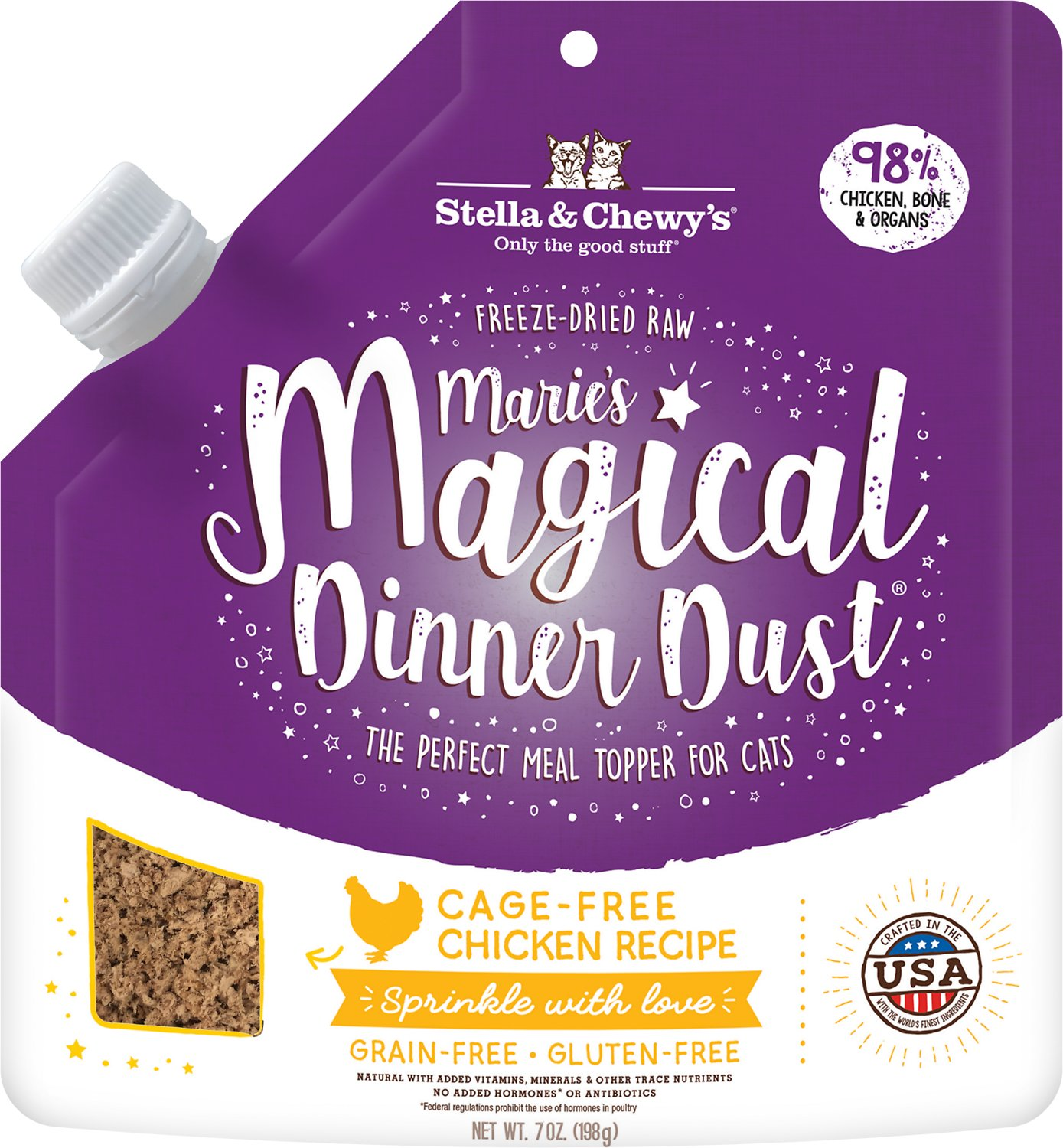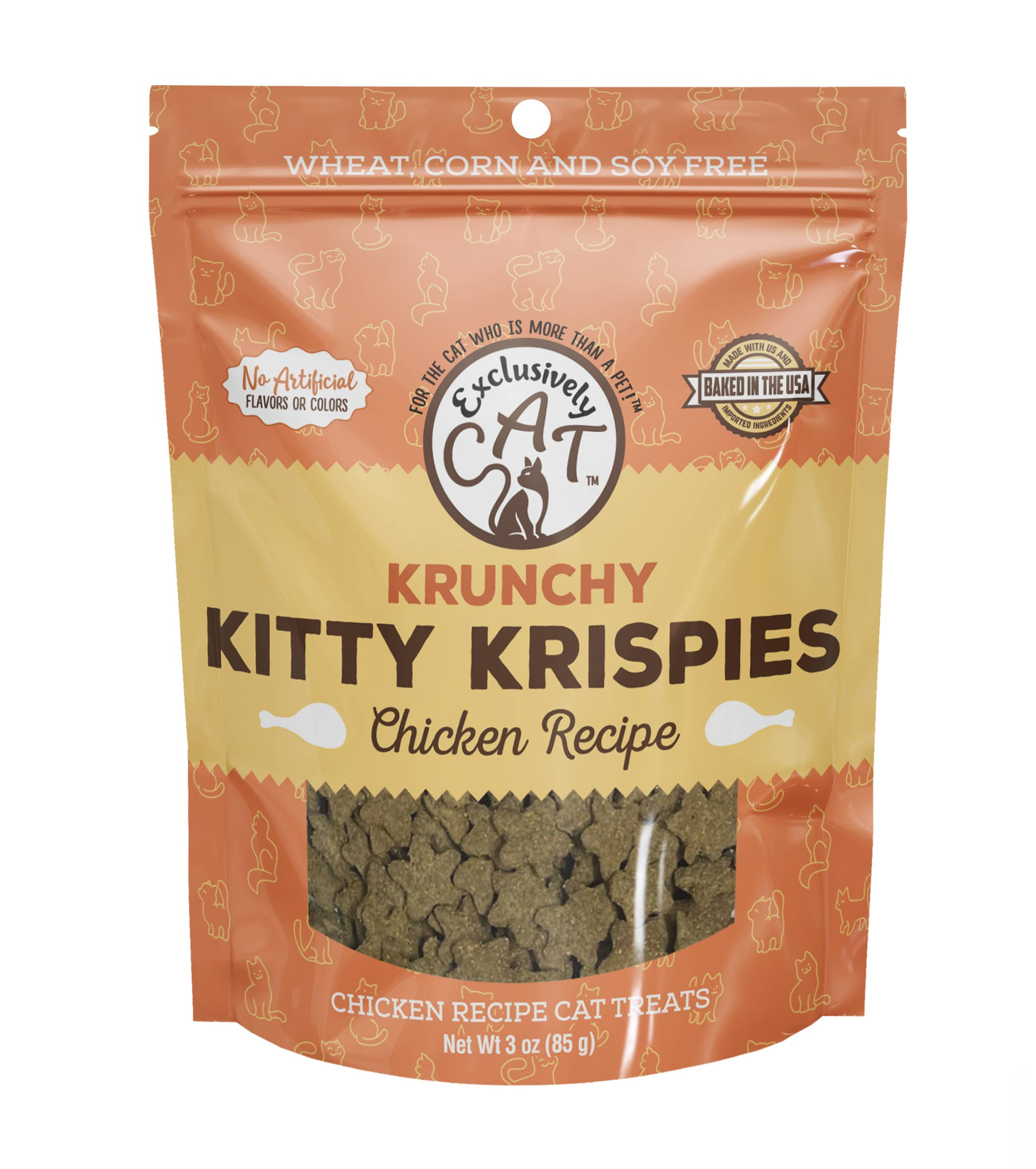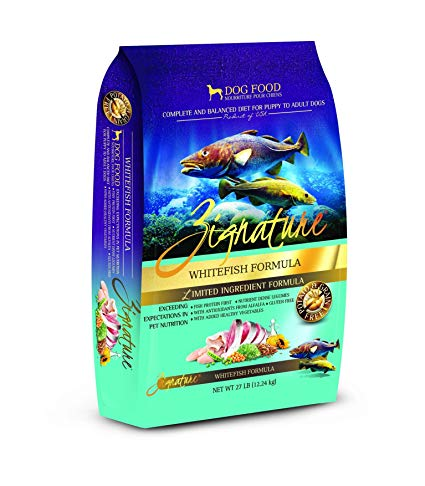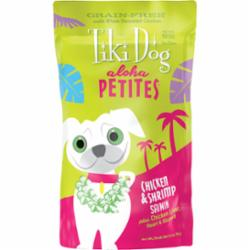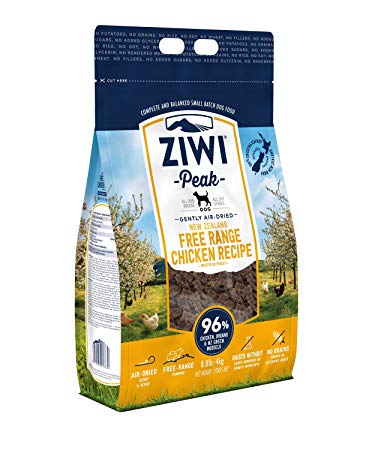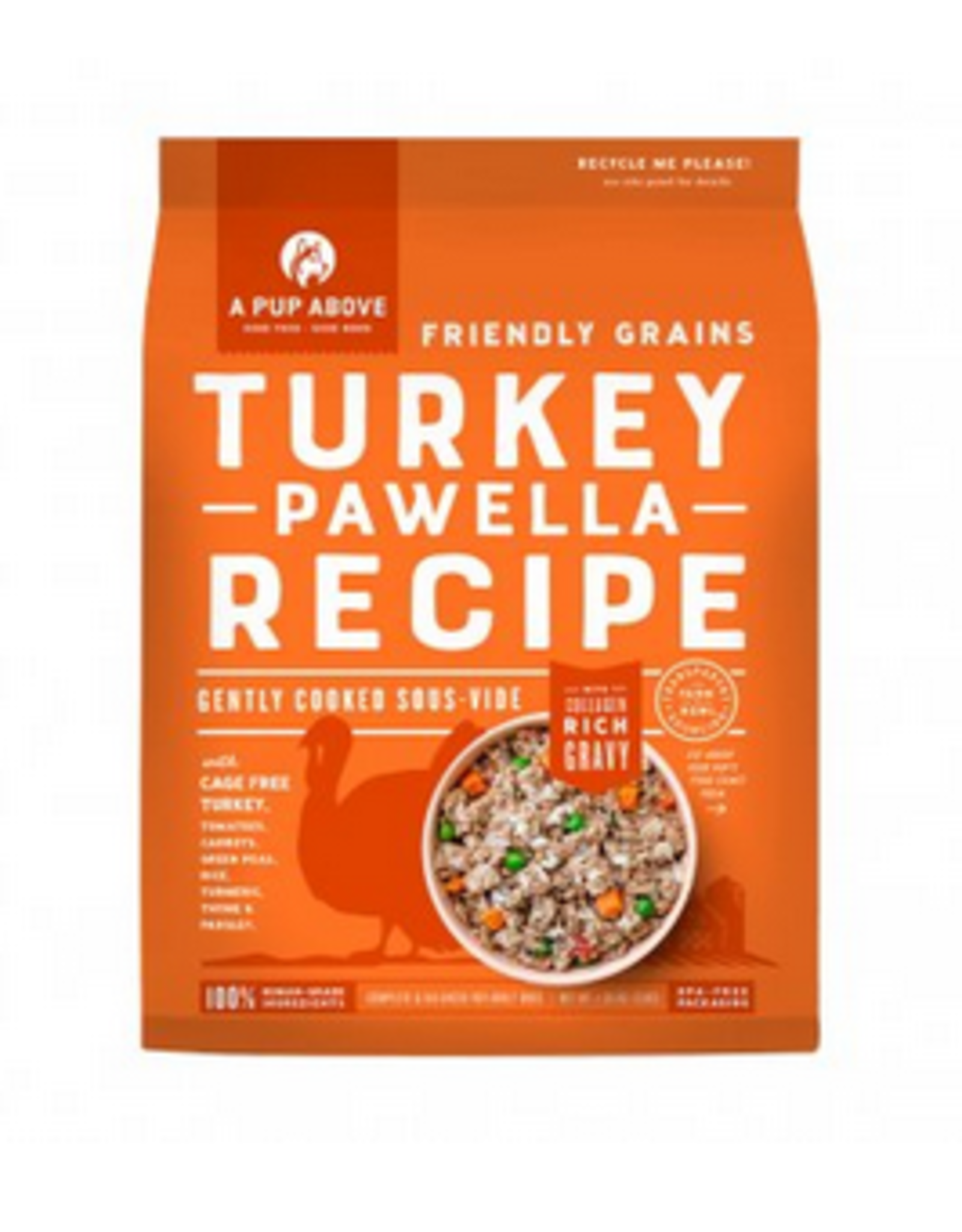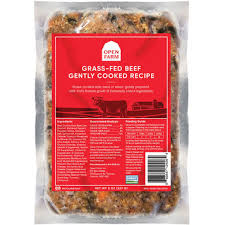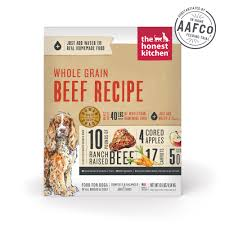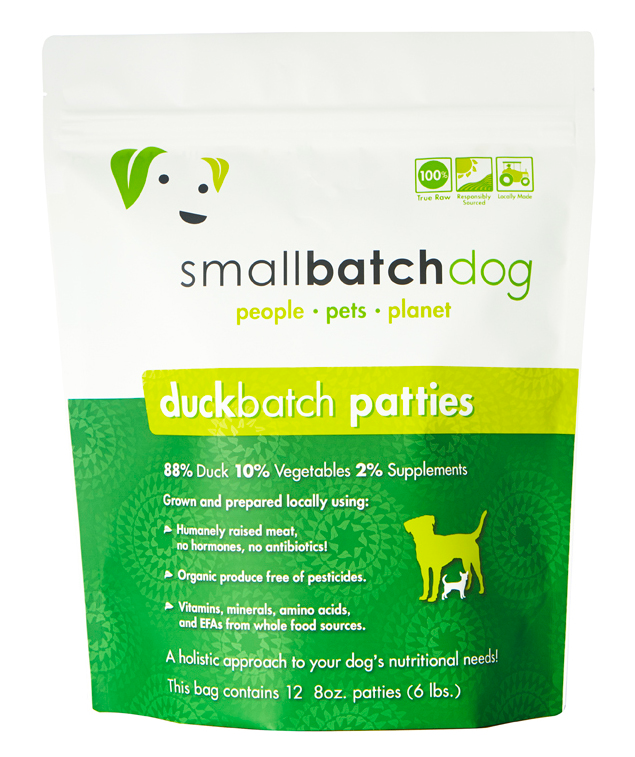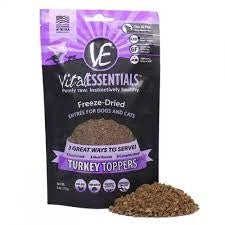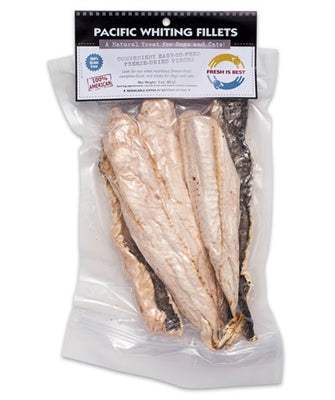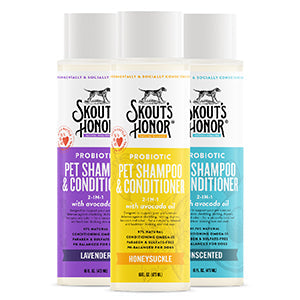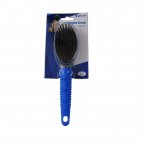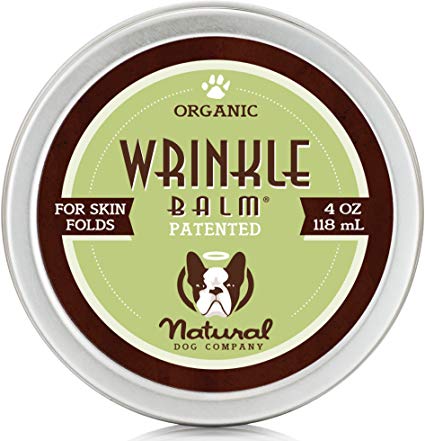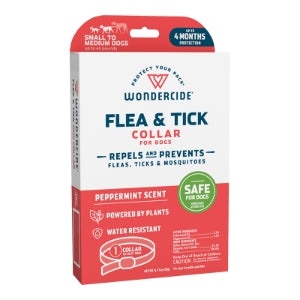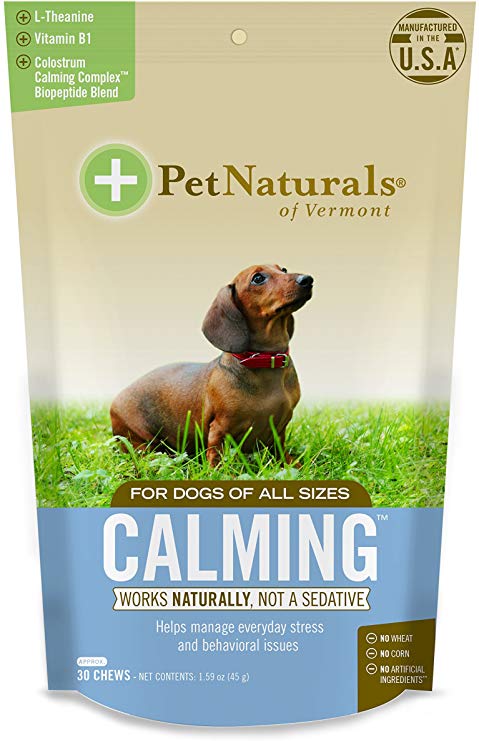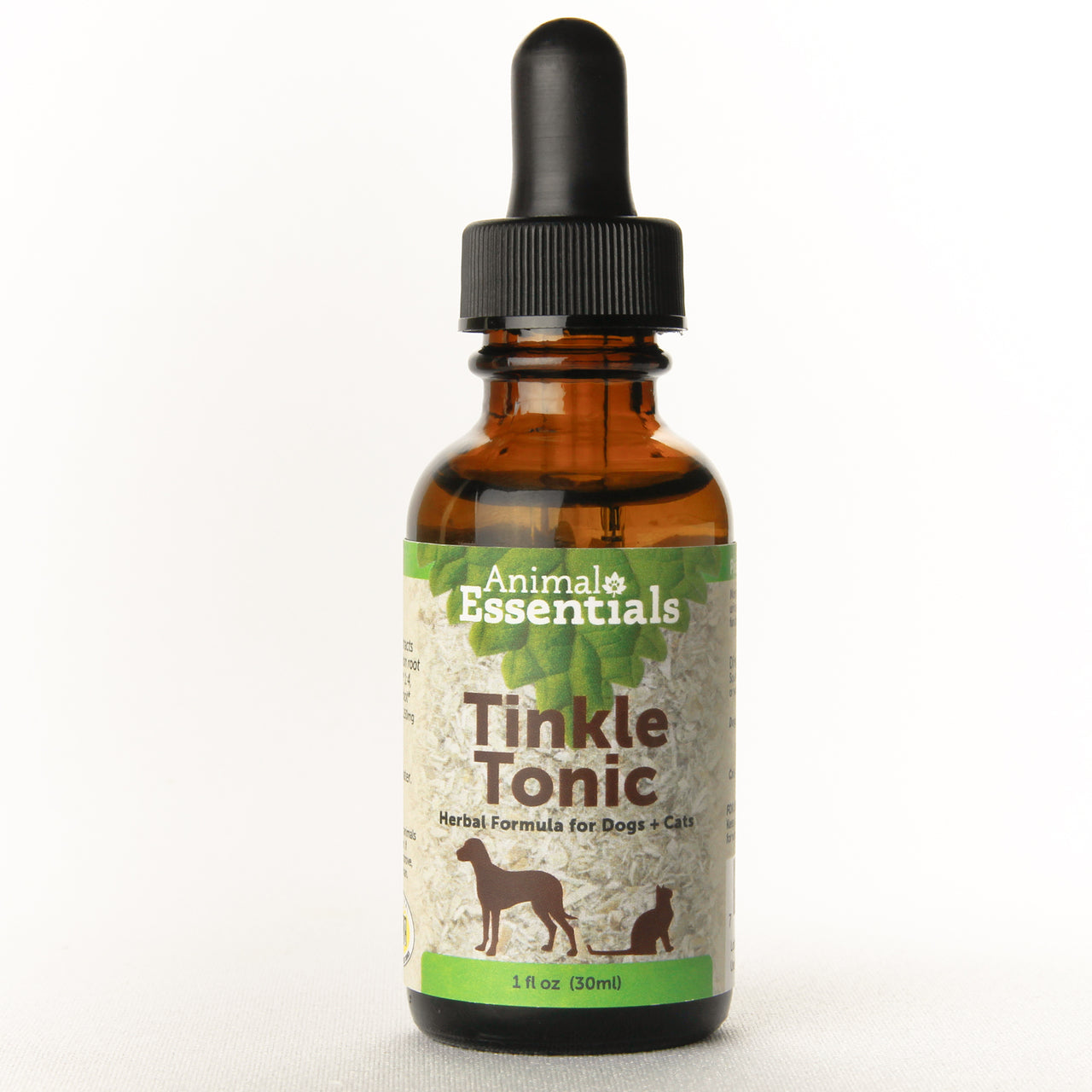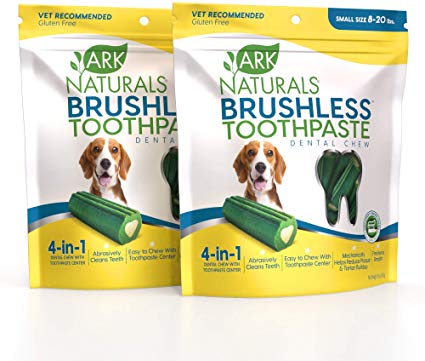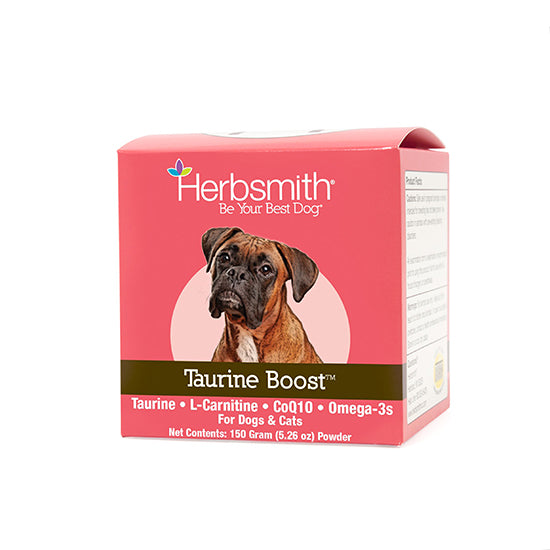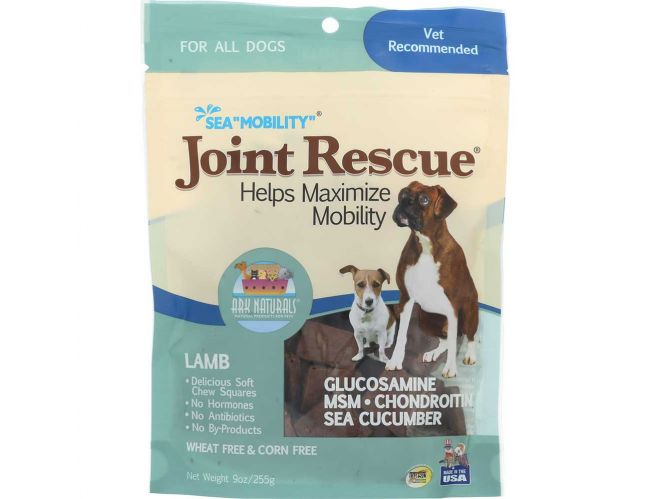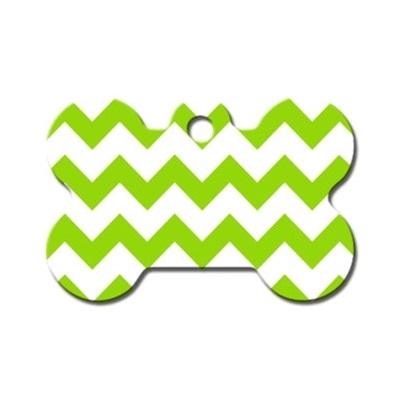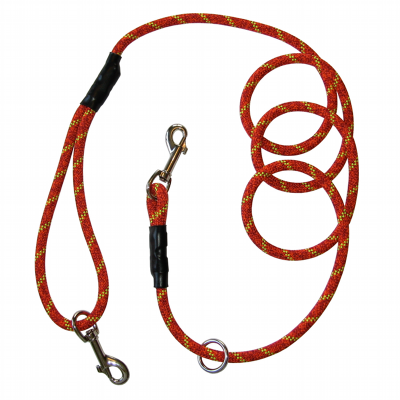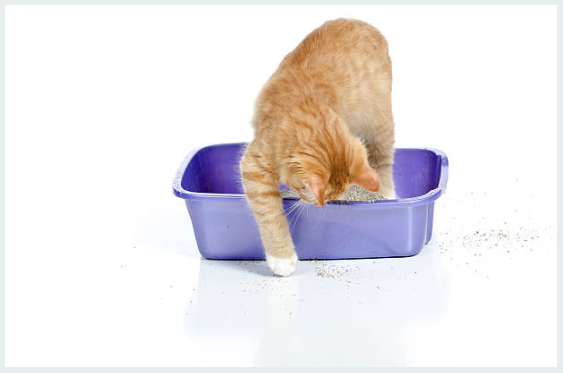As pet owners, we want nothing but the best for our furry friends. We shower them with love, provide them with a warm place to sleep, take them on regular walks, and play with them. But one essential aspect of pet care that is often overlooked is their diet. Just like humans, pets need a balanced diet to stay healthy and thrive. In this article, we will explore the importance of a balanced diet for your pet's health.
Why is a balanced diet important for pets?
A balanced diet is crucial for your pet's overall health and well-being. It provides them with the necessary nutrients, vitamins, and minerals needed for proper growth, development, and maintenance of their body functions. A well-balanced diet can improve their energy levels, strengthen their immune system, promote a healthy weight, and enhance their overall quality of life.
It's important to note that each pet has different dietary requirements depending on their age, breed, size, and activity level. Consult with your veterinarian to ensure you are providing your pet with the appropriate diet tailored to their specific needs.
What are the essential components of a balanced pet diet?
A balanced pet diet consists of the following essential components:
Protein
Protein is a vital macronutrient for pets as it aids in the growth, repair, and maintenance of tissues and cells. It is essential for proper muscle development and overall body function. High-quality sources of protein include lean meats, fish, eggs, and legumes.
Carbohydrates
Carbohydrates are an important energy source for pets. They provide the fuel needed for daily activities and exercise. Whole grains like brown rice, quinoa, and oats are excellent sources of carbohydrates for your pet.
Fats
Fats are necessary for the absorption of fat-soluble vitamins, as well as providing a concentrated source of energy. Healthy fats like omega-3 and omega-6 fatty acids can support your pet's skin and coat health. Good sources of fats include fish oil, flaxseed oil, and chicken fat.
Vitamins and Minerals
Vitamins and minerals are essential for a pet's overall well-being. They play a crucial role in maintaining healthy bones, teeth, and immune system function. Fruits and vegetables are excellent sources of vitamins and minerals. However, keep in mind that certain fruits and vegetables can be harmful to pets, so it's important to research which ones are safe for your specific pet.
The benefits of a balanced diet for your pet
Feeding your pet a balanced diet has numerous benefits, including:
Healthy Weight Maintenance
A balanced diet can help your pet maintain a healthy weight, which is crucial for their overall health. Obesity in pets can lead to various health issues, such as joint problems, diabetes, and heart disease. Providing them with the right balance of nutrients can ensure they maintain a healthy weight and reduce the risk of these conditions.
Improved Digestive Health
A well-balanced diet can support your pet's digestive health and prevent common issues such as constipation, diarrhea, and upset stomach. A diet rich in fiber can promote healthy digestion and prevent digestive discomfort.
Enhanced Immune System
A strong immune system is essential for ensuring your pet stays healthy and fights off infections and diseases. A balanced diet that includes the right combination of nutrients can strengthen their immune system, making them less susceptible to illnesses.
Shiny Coat and Healthy Skin
A balanced diet with adequate amounts of essential fatty acids can promote a healthy coat and skin for your pet. It can reduce the risk of dry skin, excessive shedding, and skin allergies, leaving your pet with a shiny coat and itch-free skin.
Better Energy Levels
A balanced diet that fulfills your pet's energy needs can provide them with the vitality and stamina required for their daily activities. It can help them stay active, playful, and maintain a good mood.
Tips for providing a balanced diet for your pet
Here are some tips to ensure you provide a balanced diet for your pet:
Consult with a Veterinarian
Each pet has unique dietary requirements, so it's essential to get advice from a veterinarian. They can guide you on the appropriate portion sizes and recommend specific types of food suitable for your pet's needs.
Read the Ingredients List
When purchasing pet food, read the ingredients list carefully. Look for high-quality protein sources and avoid products that contain excessive fillers, artificial additives, or preservatives. Opt for products that use natural and recognizable ingredients.
Consider Age and Activity Level
Pets have different nutritional needs depending on their age and activity level. Puppies and kittens require a higher calorie intake to support their growth, while adult and senior pets may have specific dietary needs. Ensure you choose a pet food that aligns with their life stage.
Measure Portions Control
Feeding the right amount of food is essential to avoid overfeeding or underfeeding your pet. Follow the recommended portion sizes provided by the pet food manufacturer or consult with your veterinarian for guidance.
Provide Fresh Water
Along with a balanced diet, always ensure your pet has access to fresh and clean water. Hydration is vital for their overall health and helps in digestion and nutrient absorption.
Conclusion
A balanced diet is crucial for your pet's health and well-being. It provides them with the necessary nutrients, vitamins, and minerals needed to thrive. By feeding them a well-balanced diet, you can help maintain their weight, promote healthy digestion, strengthen their immune system, improve their coat and skin health, and enhance their overall energy levels. Remember to consult with your veterinarian, read ingredient labels, and provide appropriate portion control to ensure you are providing the best diet for your beloved pet.
Embark on a journey through the Shopify store of another user. Click here to visit their store. Please note that this is a promotional link, and we do not guarantee the content of the linked store.



